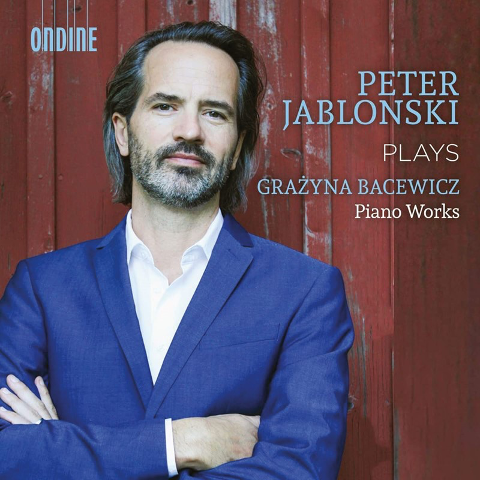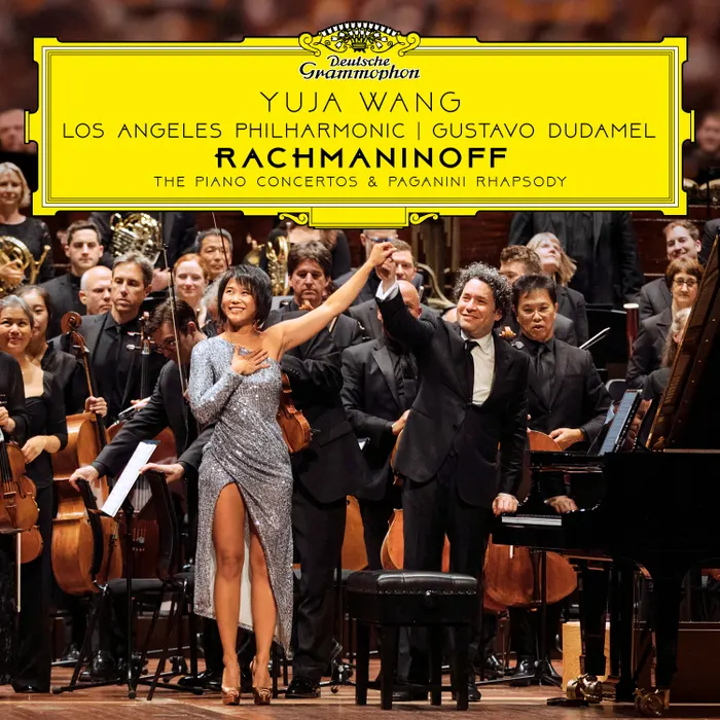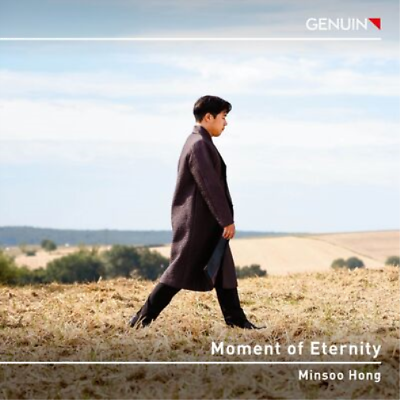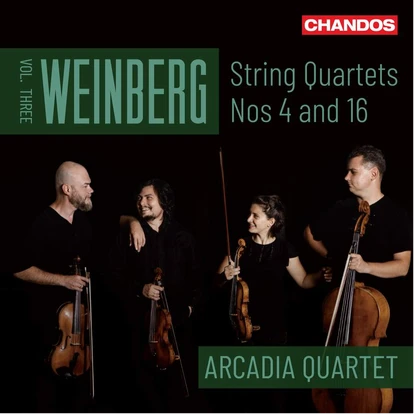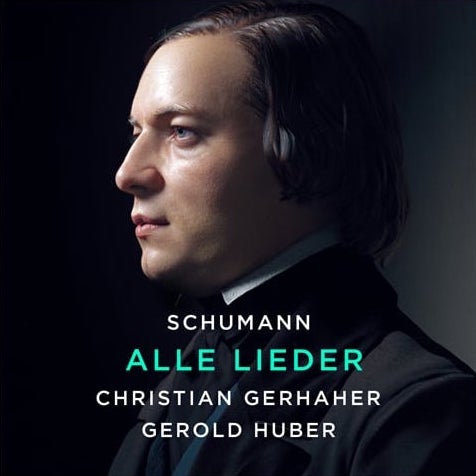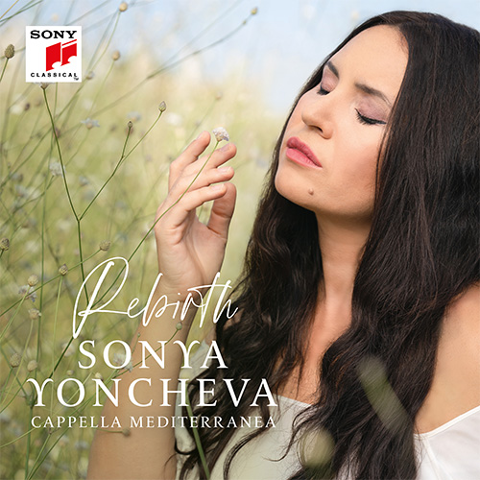Peter Jablonski Plays Grazyna Bacewicz
Jablonski’s Mastery: Bacewicz Piano Works Excellently Interpreted
Prepare to be captivated by this splendid disc of piano works by Grazyna Bacewicz, expertly performed by Peter Jablonski. For both piano enthusiasts and admirers of twentieth-century music, this album is a delightful journey into the artistic genius of a highly distinguished composer. While Bacewicz may be more recognized for her solo violin pieces, her talent for creating evocative keyboard sonorities and colors shines through in this collection.
Drawing from the rich Polish musical tradition, Bacewicz follows in the footsteps of great predecessors like Chopin and Szymanowski. However, she successfully infuses her compositions with an energetic and forceful personality that sets her apart. The two piano sonatas presented on this album are remarkable works that showcase her brilliance.
The second sonata, said to be Bacewicz’s favorite piano piece, has been recorded by various artists, including the notable Krystian Zimerman for DG. However, Jablonski’s interpretation fearlessly competes with the best. The sonata consists of three strongly etched movements, with the outer ones exuding energy and power. Jablonski masterfully captures the dynamism of these movements, particularly the exhilarating Toccata, while offering a moment of poignant lyricism in the central Largo. The emotional depth and complexity of the First Sonata, recently published and edited by Jablonski himself, leave a lasting impression on listeners.
The two sets of etudes are equally enchanting, with most pieces exuding vivacity, while a few introspective ones add depth to the collection. These etudes not only present technical challenges for performers but also offer captivating musical ideas. Bacewicz’s expertise in harmony shines through, skillfully blending the spiky and dissonant with the traditionally consonant, keeping the music moving forward with purpose.
Despite not being a “tunesmith” in the conventional sense, Bacewicz’s compositions offer a musical language that engages the listener’s mind and heart. The time and attention devoted to these pieces are rewarded with a rich and fulfilling experience. From start to finish, this first-rate disc demands to be listened to without hesitation.
Peter Jablonski’s excellent interpretations and Ondine’s gorgeous sonics further elevate this recording. Jablonski’s deep understanding of Bacewicz’s music shines through in every note, breathing life into these remarkable compositions. Ondine’s recording quality captures the nuances and subtleties of Jablonski’s performance, making the listening experience even more enjoyable.
This is a must-have album for any lover of classical piano music and admirers of twentieth-century compositions. Grazyna Bacewicz’s remarkable talent and unique voice are beautifully presented through Jablonski’s heartfelt interpretations. This recording is bound to win over many new fans, thanks to its captivating performances and the exceptional audio quality provided by Ondine.
